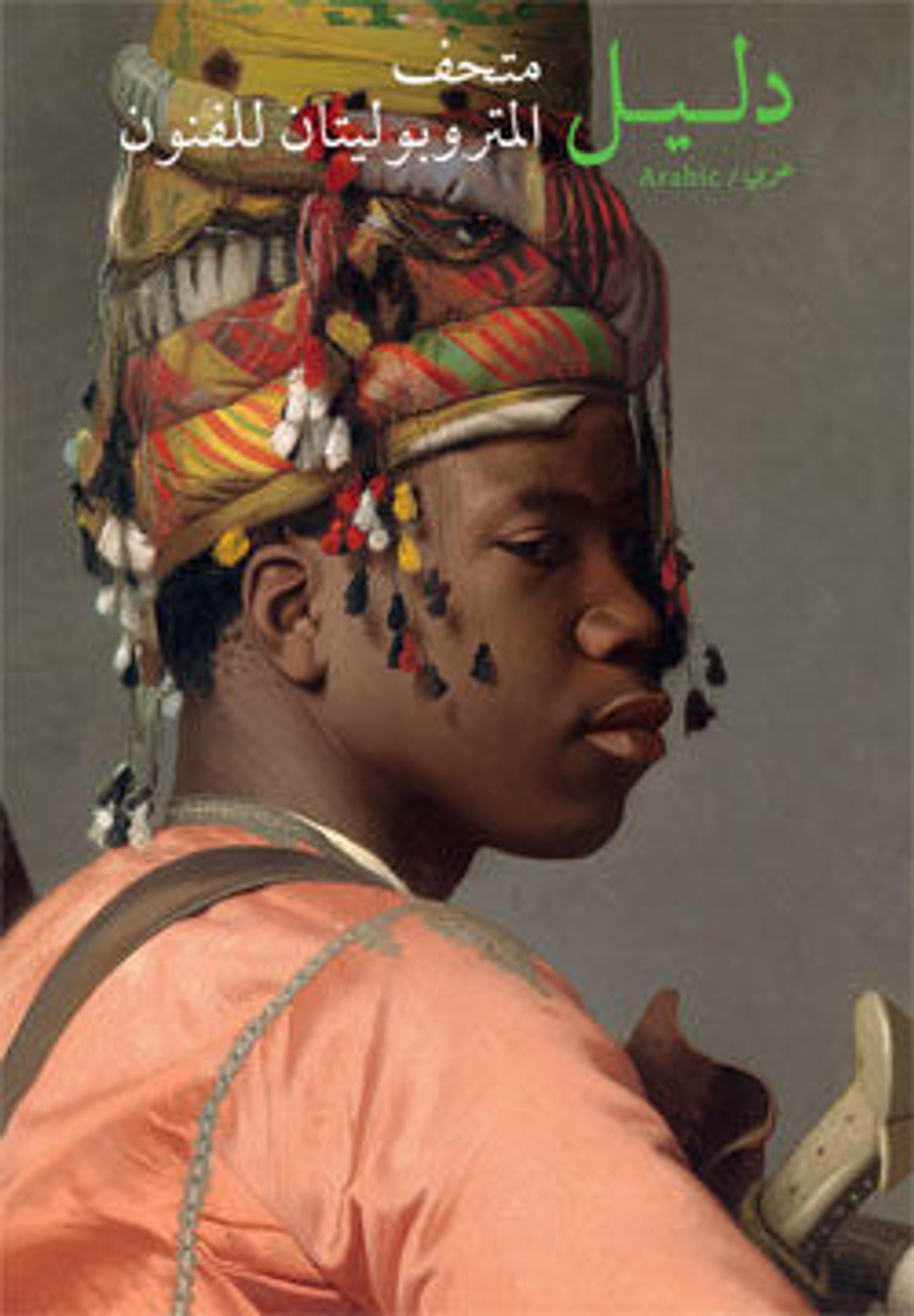English
Standing Woman
Lachaise was working in Paris in 1903 when he met his lifelong muse Isabel Dutaud Nagle, whom he later married in 1917. Responding to Nagle’s voluptuous figure, the sculptor created a powerful archetype of womanhood; Standing Woman is almost a modern fertility goddess. Swelling and undulating with elegant strength, she perches delicately on her tiptoes, seeming nearly to levitate despite her evident weight. Her closed eyes enhance her detachment from the realm of the viewer, whom the sculptor invites to marvel at her extraordinary body.
Artwork Details
- Title: Standing Woman
- Artist: Gaston Lachaise (American (born France) Paris 1882–1935 New York)
- Date: 1912–15; cast 1930
- Medium: Bronze
- Edition: 1/3; cast 3/4
For full edition information, see Additional Information tab. - Dimensions: 73 7/8 in. × 32 in. × 17 3/4 in. (187.6 × 81.3 × 45.1 cm)
- Classification: Sculpture
- Credit Line: Bequest of Scofield Thayer, 1982
- Object Number: 1984.433.34
- Curatorial Department: Modern and Contemporary Art
Audio
1841. Standing Woman
0:00
0:00
We're sorry, the transcript for this audio track is not available at this time. Please email info@metmuseum.org to request a transcript for this track.
More Artwork
Research Resources
The Met provides unparalleled resources for research and welcomes an international community of students and scholars. The Met's Open Access API is where creators and researchers can connect to the The Met collection. Open Access data and public domain images are available for unrestricted commercial and noncommercial use without permission or fee.
To request images under copyright and other restrictions, please use this Image Request form.
Feedback
We continue to research and examine historical and cultural context for objects in The Met collection. If you have comments or questions about this object record, please contact us using the form below. The Museum looks forward to receiving your comments.
